Category: Health Predispositions
-
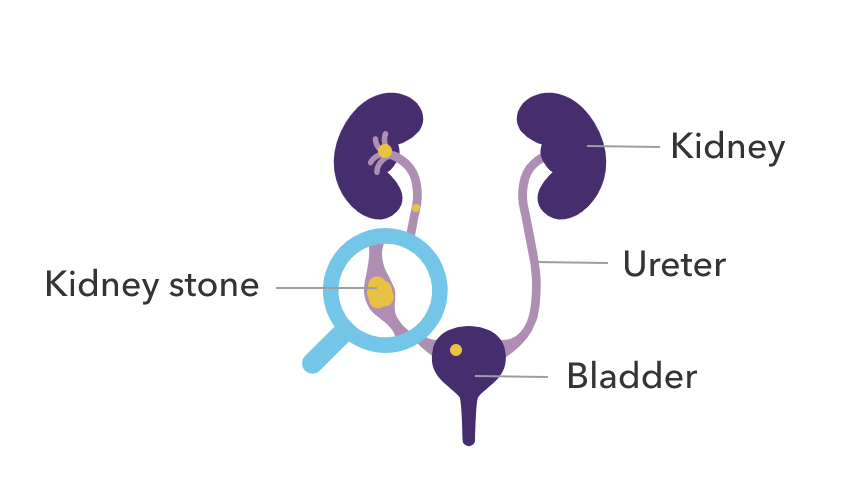
Are Kidney Stones Genetic?
Explore Kidney Stones and what your DNA can tell you What are kidney stones? Kidney stones are pebble-like masses that form in the kidneys. These stones form when there are high levels of certain minerals in the urine. People with small kidney stones may not experience any symptoms, but larger stones can get stuck in…
-
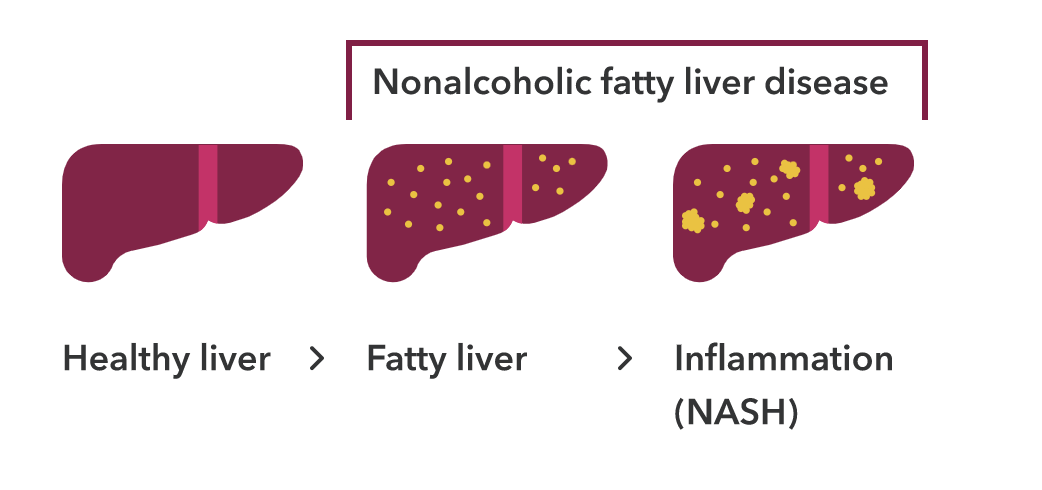
Is Nonalcoholic Fatty Liver Disease Genetic?
Explore Nonalcoholic Fatty Liver Disease and what your DNA can tell you What is nonalcoholic fatty liver disease? Nonalcoholic fatty liver disease, or NAFLD, is a condition characterized by the buildup of fat in the liver. For many people with NAFLD, this accumulation of fat does not cause serious liver damage. However, some people may…
-
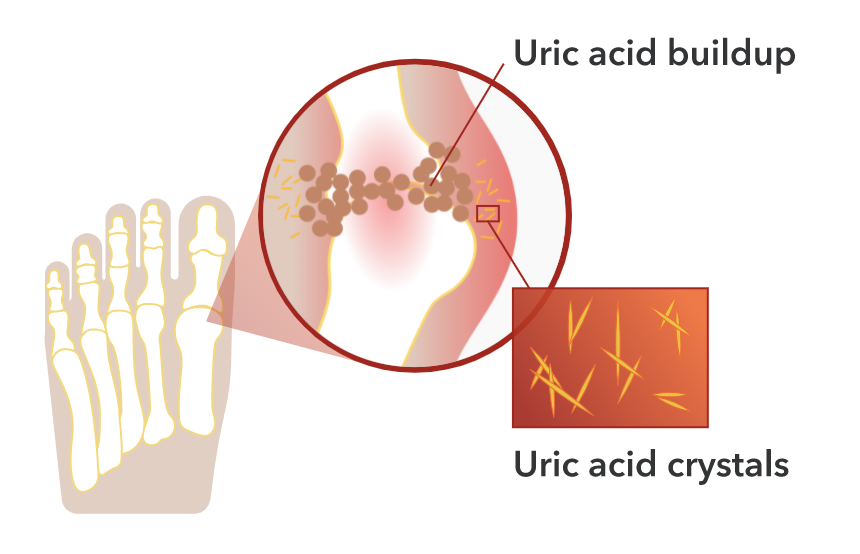
Is Gout Genetic?
Explore Gout and what your DNA can tell you What is gout? Gout is a type of arthritis caused by a buildup of uric acid in the joints. The blood produces uric acid when certain molecules and foods are broken down which is usually filtered out by the kidneys. But for people with gout, the…
-

Is Uterine Fibroids Genetic?
Explore Uterine Fibroids and what your DNA can tell you What are uterine fibroids? Uterine fibroids are a relatively common type of non-cancerous growth in the uterus. They can vary in size, number, and location within the uterus. What are the symptoms of Uterine Fibroids? Not all uterine fibroids cause symptoms, but some can cause…
-
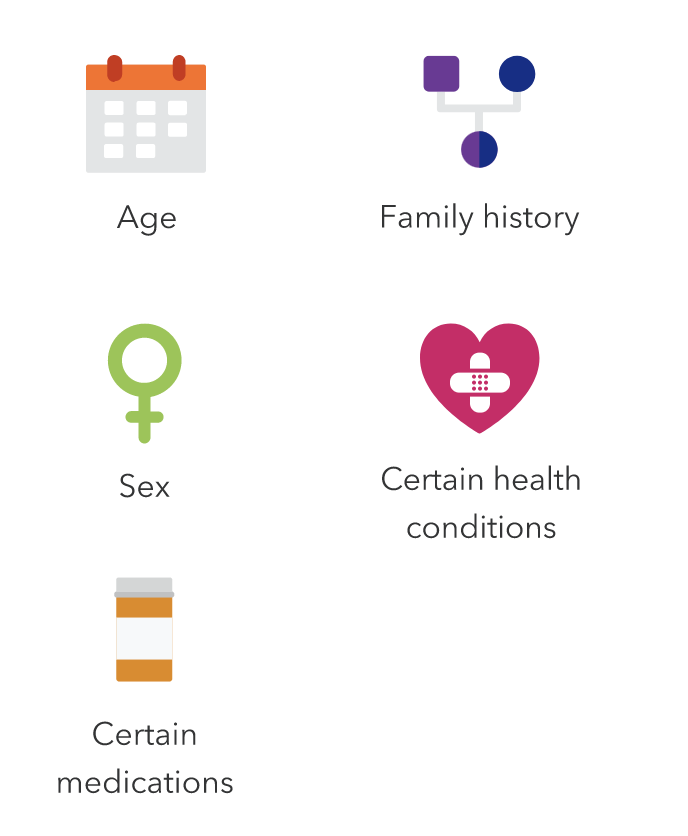
Is Restless Legs Syndrome Genetic?
Explore Restless Legs Syndrome and what your DNA can tell you What is restless legs syndrome? Restless legs syndrome, also called RLS or Willis-Ekbom disease, is a neurological condition characterized by the uncontrollable urge to move the legs. Scientists believe reduced iron levels in the brain may play a role. Evidence also suggests RLS may…
-
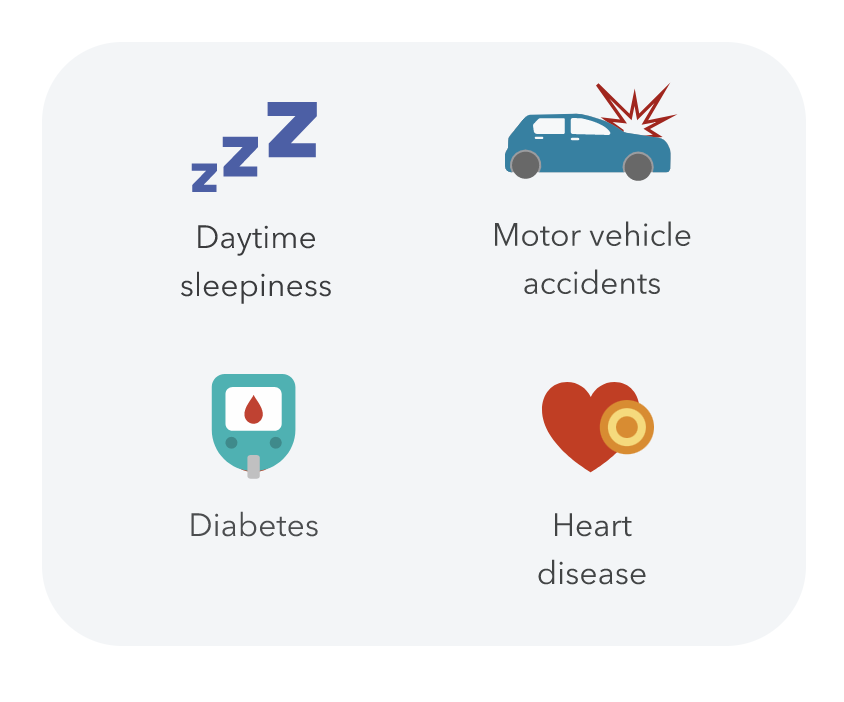
Is Obstructive Sleep Apnea Genetic?
Explore Obstructive Sleep Apnea and what your DNA can tell you What is obstructive sleep apnea? Obstructive sleep apnea (OSA) is a condition where breathing stops and starts repeatedly during sleep. It occurs when tissues in the throat relax during sleep and block the airway. Diagnosis of OSA is often defined as someone experiencing impaired…
-
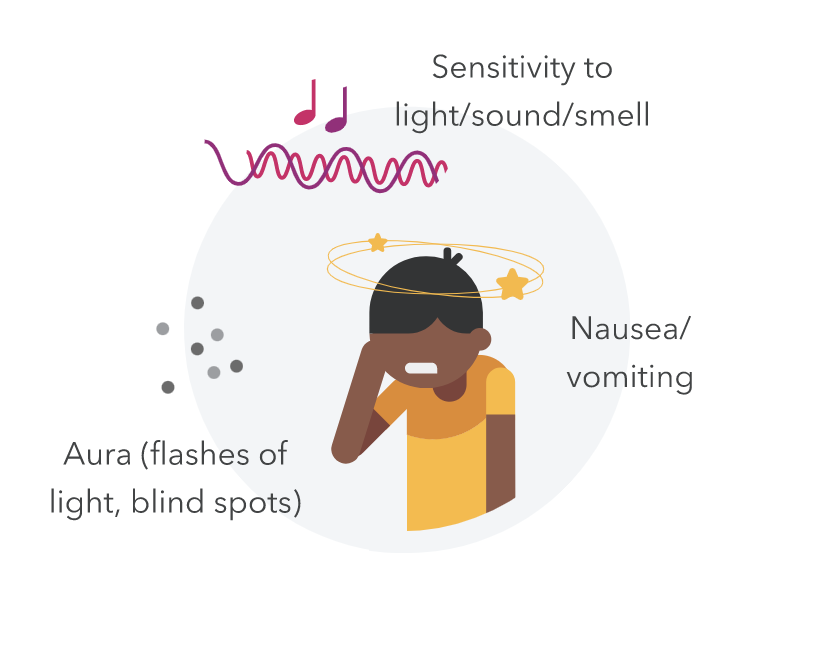
Are Migraine Headaches Genetic?
Explore Migraine Headaches and what your DNA can tell you What are migraine headaches? Migraine is a condition that causes moderate to severe headaches. Some people with migraine experience sensory disturbances, including flashes of lights and temporary blind spots before or during a migraine headache. Other symptoms can include nausea, vomiting, and extreme sensitivity to…
-
Is LDL Cholesterol Genetic?
Explore LDL Cholesterol and what your DNA can tell you What is LDL cholesterol? LDL (low-density lipoprotein) helps carry cholesterol from from your liver to other cells in your body. The body needs cholesterol to build cells, make hormones, and carry out other tasks. But if there’s too much LDL cholesterol in the blood, it…
-
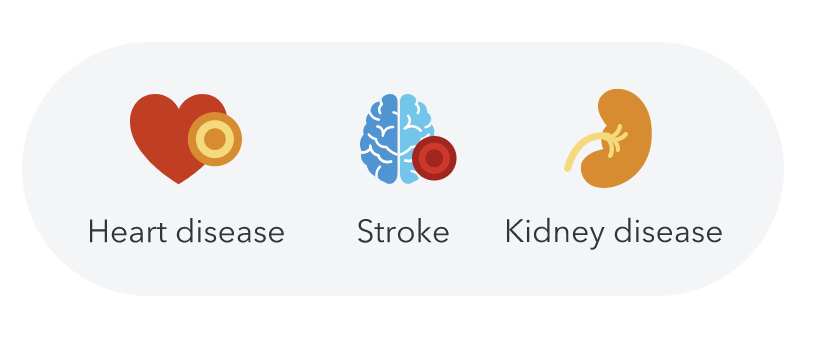
Is High Blood Pressure Genetic?
Explore High Blood Pressure and what your DNA can tell you What is high blood pressure? High blood pressure, also called hypertension, is when the blood puts too much pressure on the walls of the blood vessels. By putting stress on the blood vessels and heart, high blood pressure can increase the risk for heart…
-
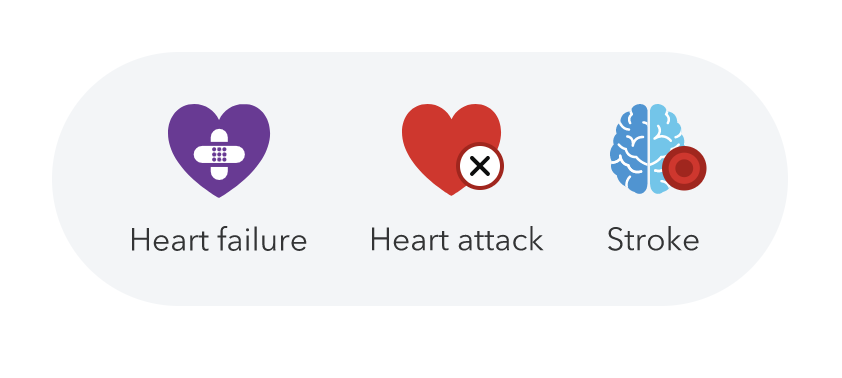
Is Coronary Artery Disease Genetic?
Explore Coronary Artery Disease and what your DNA can tell you What is coronary artery disease? Coronary artery disease, sometimes called CAD, is a type of heart disease typically caused by the buildup of plaque inside the coronary arteries. The coronary arteries are important because they are the major blood vessels that supply the heart…